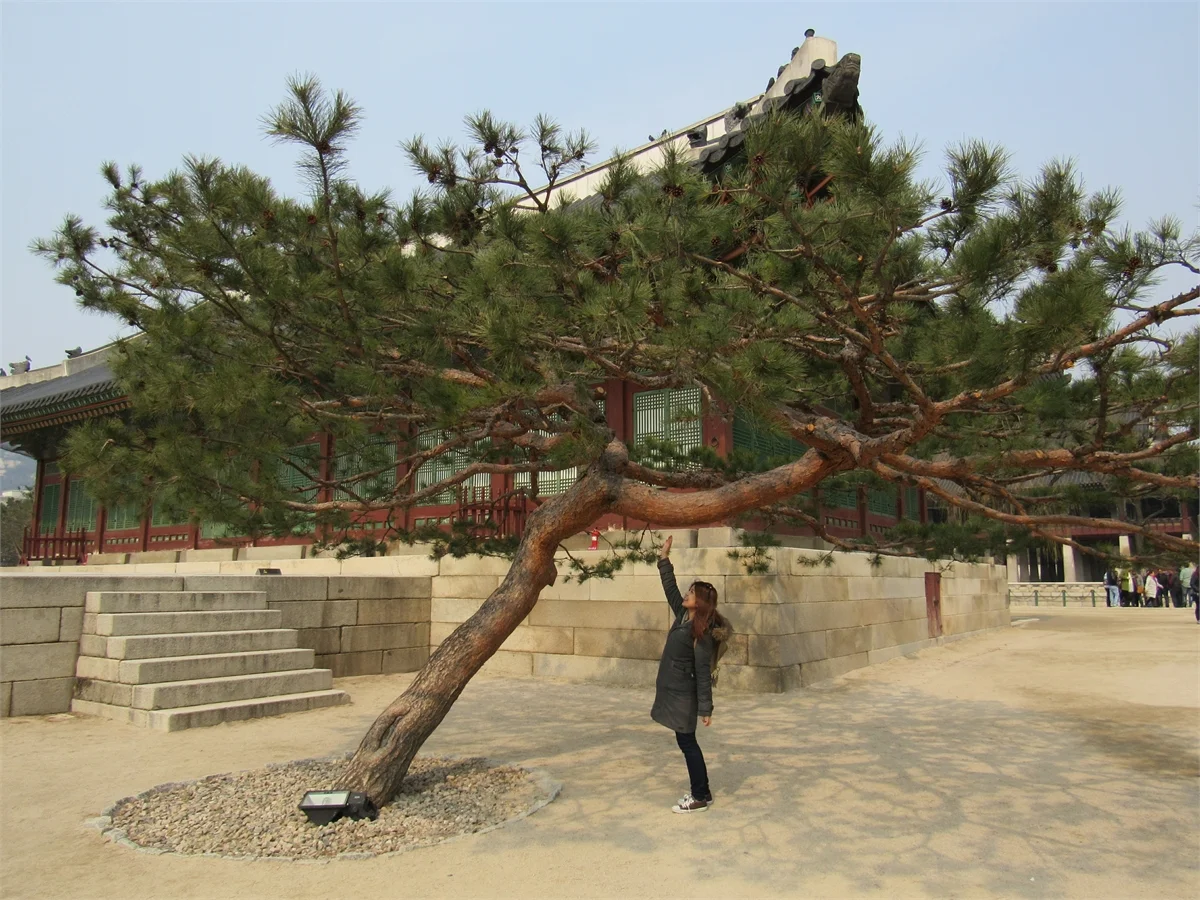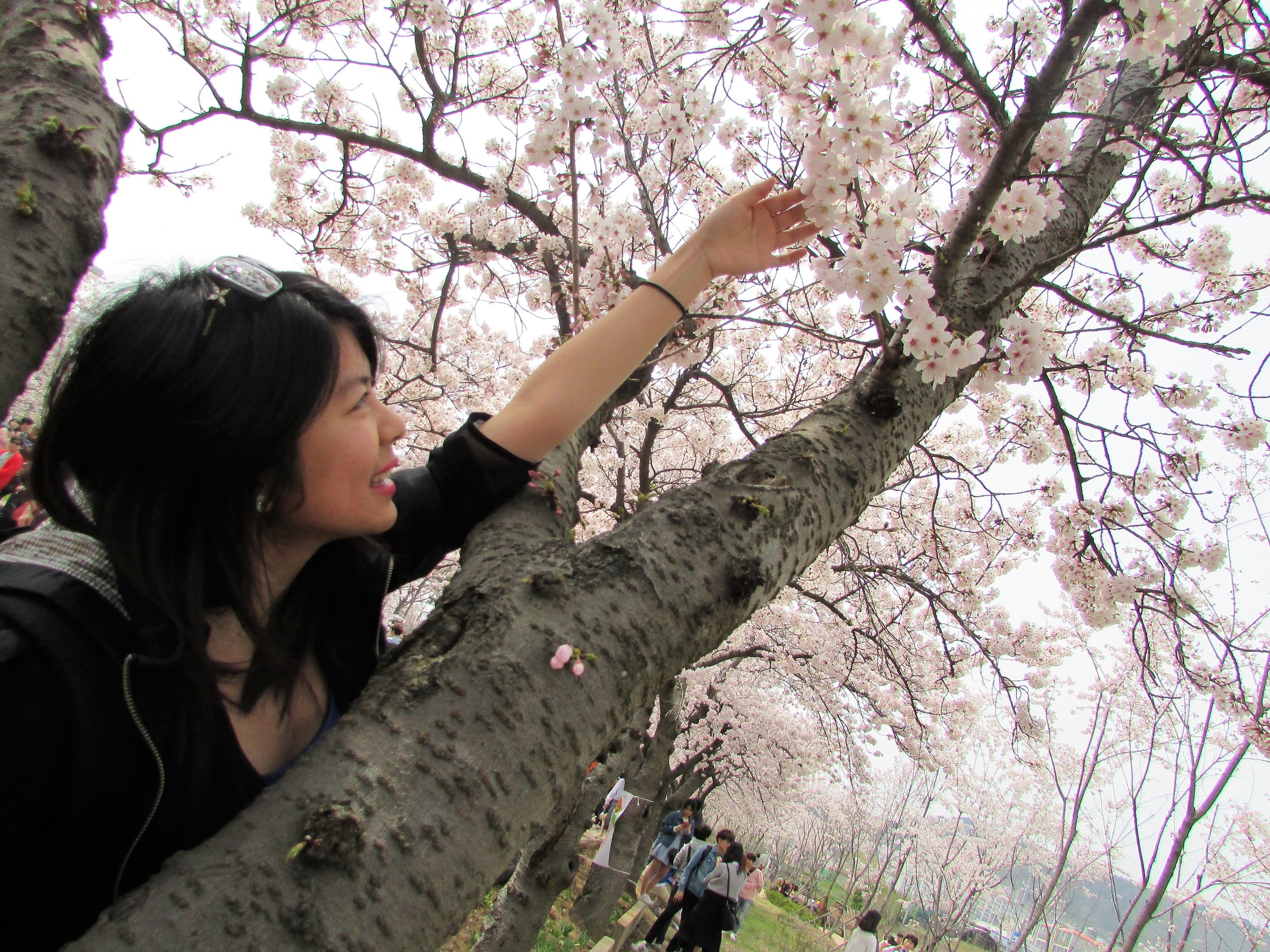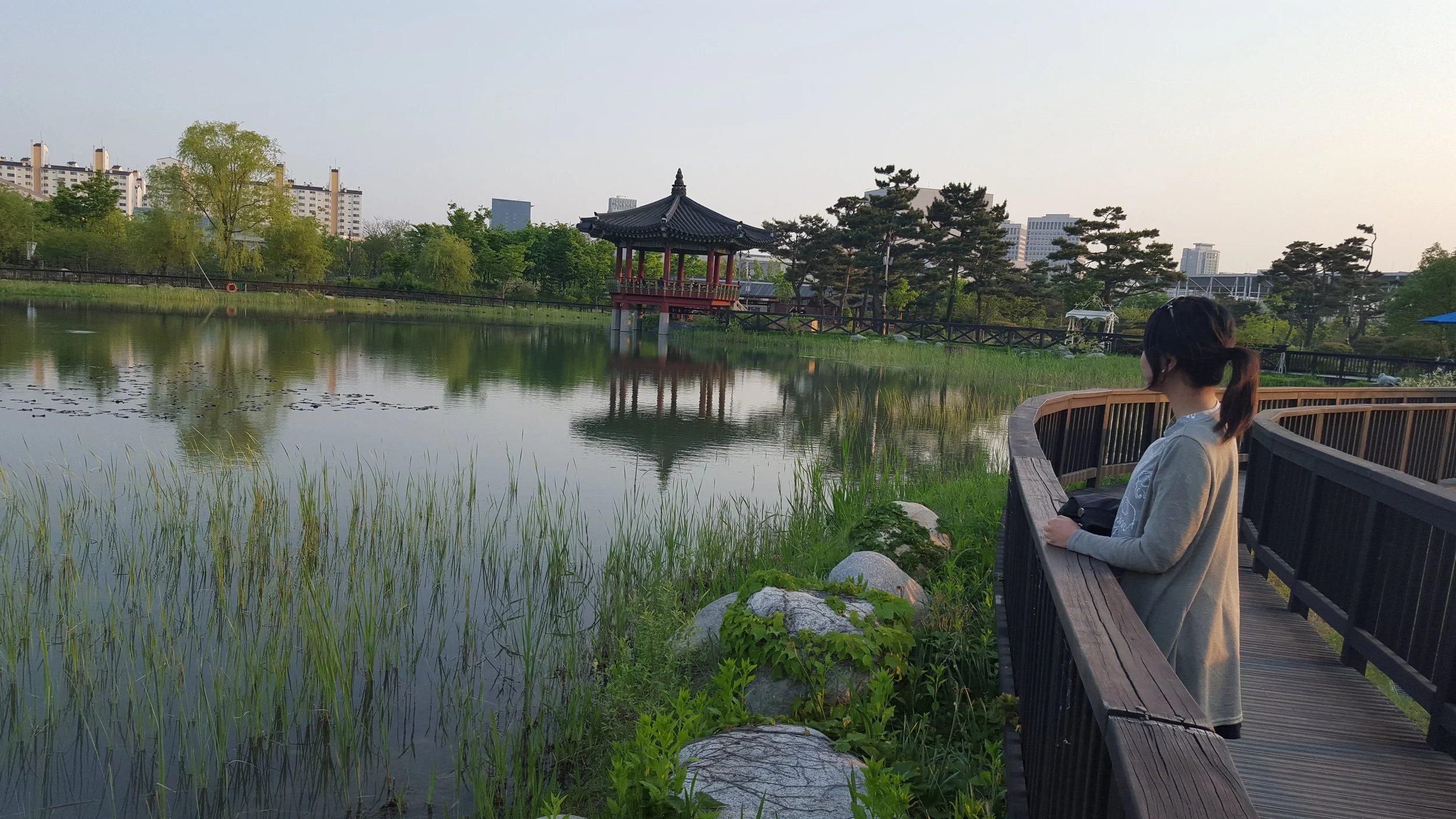Are you yearning for global exploration? What about the prospect of earning while you travel? Whether you’re embarking on a gap year or transitioning after graduation, finding paid opportunities to travel can be a wise investment in your personal and professional growth. The options available for young individuals are boundless.
In this article, we’d like to present five engaging avenues that give you the chance to get paid while satisfying your wanderlust. Embrace the world, expand your horizons, and set out on a journey where you can earn money while exploring. It’s time to turn your dreams into an extraordinary reality!
1. Immerse Yourself in Another Culture by Teaching English Abroad
Why? Have you ever dreamt of living overseas and immersing yourself in another culture, all while making a positive impact? If you’re up for the challenge and passionate about working with children or youth, this adventure is tailor-made for you!
Not only will you have the opportunity to fulfill your travels, but you’ll also acquire valuable transferable skills that will enrich your personal life and career. So, seize this extraordinary chance to embark on a life-changing journey that combines cultural immersion, meaningful work, and personal growth.
How? If you are a new graduate and want to live in South Korea, consider applying to the top-rated and sought-after program, EPIK (English Program in Korea). EPIK is a competitive year-long, government-sponsored program with extensive training and incredible benefits.
Upon acceptance, successful applicants will be assigned to a public school anywhere in South Korea. Throughout your teaching journey, you can expect to receive ongoing guidance from the program staff and co-teachers at the school. Additionally, the first week of orientation presents a unique opportunity to connect with hundreds of other foreigners around the globe, both within your program and the local city.
As a former expat, I highly recommend this program for first-time teachers. Read my Q&A article An Eye-Opening Experience Teaching in South Korea for more information. Other international opportunities include teaching teenagers or adults at private academies and for shorter periods of time.
2. Sail Across the Sea on a Cruise Ship as a Crew Member
Why? Working on a cruise ship is exciting for those who love the sea and don’t easily get seasick. Additionally, while shifts are generally long, the perks of working on a cruise ship include international meals and furnished living accommodations the cruise line provides.
Moreover, you can explore breathtaking destinations on port days and interact with individuals worldwide! Besides, working on a cruise ship offers the opportunity to create unforgettable memories and gain valuable experiences for future endeavours.
How? Submit your application with a cruise line of your choice! An excellent opportunity for outgoing, energetic and enthusiastic youth is to work as a Youth Staff at Princess Cruises. With any cruise line, there are a variety of onboard positions in different departments, including reception, retail, entertainment, food management and more.
Placements can range from as short as a few weeks to several years, depending on how much you enjoy life on the ship.
3. Make a Positive Impact by Volunteering Your Time
Why? Volunteering your time and giving back to the community is truly rewarding. Moreover, you have a lot to offer, and there are numerous social impact projects for you to generate change, ranging from improving the environment to engaging with young children. Additionally, you can participate in a cause you deeply care about and meet other passionate volunteers.
Furthermore, by getting involved in these initiatives, you can make a significant difference in the lives of others while also enhancing your personal growth and skills. Embrace this opportunity to create a positive impact and contribute to a better world!
How? Youth Challenge International (YCI) is a meaningful choice. This non-profit organization offers international fellowships for Canadians to contribute their skills to drive social entrepreneurship and gender equality while collaborating with women and global partners.
The fellowships occur in Ghana, Tanzania, or Uganda for 3-6 months. Most of this program’s expenses include roundtrip airfare, required travel visas, and monthly allowances to cover basic living costs.
4. Guide Travellers Across the City as a Trip Leader
Why? Being a trip leader is one of the best travel experiences to build leadership skills. Not only will you be able to guide travellers from their point of origin to their destination and ensure a safe and enjoyable trip, but you will also learn a lot more about the city or country you’re travelling in and have a blast! Additionally, taking on the trip leader role allows you to forge strong connections with fellow travellers and create unforgettable memories.
Furthermore, it offers a unique chance to step out of your comfort zone and embrace new challenges head-on, fostering personal growth and self-confidence. Moreover, embracing the opportunity to become a trip leader means embarking on a journey of leadership, discovery, and unforgettable adventures!
How? There are many travel companies seeking adventurers such as yourself! Contiki is a well-known program geared towards 18-35-year-old travellers. As their guide, you will point out unique sights and activities in each city, help build lifelong connections, and create unforgettable memories with the group as you embark on the adventure together. Challenge yourself to become a trip leader today!
5. Become a Freelance Writer and Travel the World
Why? If you love writing and have a knack for words, why not consider freelance writing? That way, you can travel the world while working remotely. That’s the dream, right?
How? An excellent place to start is to share your knowledge and expertise as a TalentEgg Editorial Writer. By contributing to TalentEgg’s Incubator, you can share career insights and advice with students and recent graduates while gaining professional writing experience. Another option is to work as a freelance copywriter with an agency.
#PROTIP: Start a blog to build your personal brand and expand your portfolio. This will set you apart from other job seekers and help you showcase your talent for your professional writing career.
Conclusion
Getting paid to travel offers an exciting avenue for individuals to embark on enriching and transformative journeys. By delving into the history and cultures of different countries, one not only gains valuable knowledge but also cultivates a deep appreciation for the diversity of our world. Furthermore, these experiences can leave a meaningful, lasting impact and open a world of opportunities.
Originally published at TalentEgg.




















